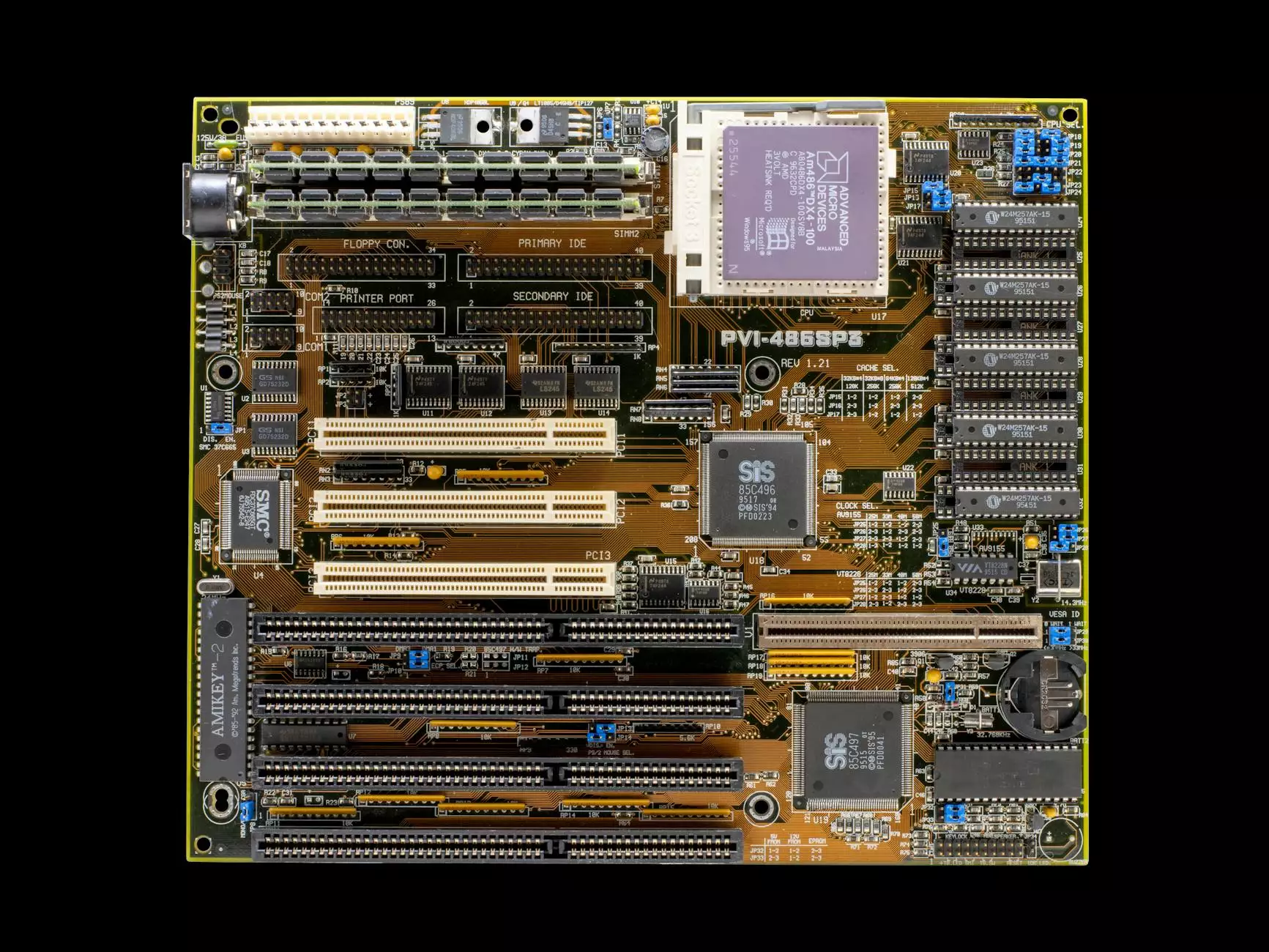Breaking Down Information Silos Problems in Farming Equipment Repair

In the rapidly evolving world of agriculture, farming equipment repair businesses face unique challenges that can significantly impact their operational efficiency and profitability. One of the most pressing challenges they encounter is the issue of information silos. This article will delve into the concept of information silos, their detrimental effects, and provide actionable strategies for overcoming these problems specifically tailored for the farming equipment sector.
What Are Information Silos?
Before addressing how to resolve information silos problems, it's essential to understand what they are. An information silo occurs when data is trapped within a specific department or individual and is not easily accessible to others. This fragmentation can lead to a host of issues, particularly in industries like agricultural equipment repair where collaboration and timely information access are crucial.
The Impact of Information Silos Problems
The implications of operating with information silos in the farming equipment repair industry can be broad and profound:
- Reduced Efficiency: Teams may spend excessive time searching for information already held by another department, leading to delays in service delivery and reduced productivity.
- Poor Decision Making: Without holistic access to data, decision-makers may lack the insights needed to make informed choices regarding equipment repair strategies or inventory management.
- Inconsistent Customer Experience: If customer service representatives do not have a comprehensive view of customer interactions, the experience can become inconsistent, leading to dissatisfaction.
- Inhibited Innovation: Information silos can stifle creative solutions and innovations, as different teams are less likely to collaborate and share ideas.
Identifying Information Silos in Your Business
To effectively tackle information silos problems, it’s important to identify where they exist within your organization. Here are some signs that indicate the presence of information silos:
- Communication Barriers: Teams are not communicating effectively, leading to misunderstandings or duplicated efforts.
- Data Duplication: Multiple teams maintain their own data sets that do not sync or match, creating confusion and inefficiencies.
- Lack of Centralized Data: Employees have difficulty accessing a centralized database of information, hindering their ability to perform their jobs effectively.
- Feedback Loops: Limited mechanisms exist for feedback or collaboration between departments, resulting in problems being repeated without resolution.
Strategies to Overcome Information Silos Problems
Now that we have a clear understanding of information silos and their impacts, let’s explore effective strategies for overcoming these challenges in your farming equipment repair business:
1. Foster a Culture of Collaboration
Encouraging collaboration across all teams is vital. You can facilitate this by:
- Hosting regular inter-departmental meetings to discuss ongoing projects and challenges.
- Creating cross-functional teams for specific projects that require diverse expertise.
- Recognizing and rewarding teamwork and collaborative successes.
2. Implement Robust Data Management Systems
Adopting a comprehensive data management system can significantly reduce information silos. Key steps include:
- Utilizing cloud-based solutions that offer real-time access to shared data across the organization.
- Establishing protocols and guidelines for data entry and maintenance to ensure consistency and accuracy.
- Integrating various software platforms (e.g., CRM, ERP) to create a unified data ecosystem.
3. Encourage Transparency and Open Communication
Promoting transparency encourages employees to share knowledge freely. This can involve:
- Creating shared digital workspaces where all employees can access and contribute to important documents.
- Utilizing instant messaging platforms to facilitate quick questioning and information sharing.
- Launching internal newsletters to keep everyone updated on projects, successes, and learnings from across departments.
4. Train Employees on Data Utilization
Investing in training ensures that all employees understand how to access and utilize shared data effectively. Consider the following:
- Providing regular training sessions on the use of tools and systems implemented for data sharing.
- Encouraging a mindset of data-driven decision-making, emphasizing the importance of collaborative data use.
- Offering resources and support for employees to learn how to analyze and interpret data relevant to their roles.
5. Monitor and Evaluate Progress
Finally, it’s essential to monitor progress continuously to ensure your strategies are effective. Consider these approaches:
- Regularly review how well teams are collaborating and sharing information.
- Gather employee feedback about the tools and processes in place to identify areas for improvement.
- Set measurable goals for reducing silos and increase inter-departmental cooperation.
Conclusion
Addressing information silos problems is critical for the success of any farming equipment repair business. Implementing strategies that foster collaboration, enhance data management, and promote open communication can lead to significant improvements in efficiency and customer satisfaction. By taking a proactive approach to break down these barriers, your business will not only thrive but also pave the way for continued innovation and growth in the agricultural sector.
By diligently working towards overcoming information silos, companies can unlock a wealth of potential that translates into better service, happier customers, and ultimately, greater success in the competitive market of farming equipment repair. For more insights on effectively managing your farm equipment, visit tsgcinc.com.









